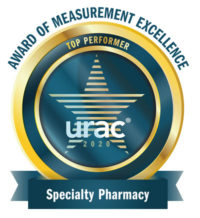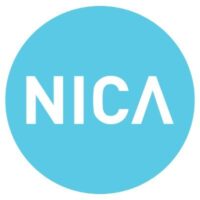
For decades, Alzheimer’s Disease has left patients with few options. That is beginning to change. Infusion therapies such as Lecanemab (Leqembi) and Donanemab-azbt (Kisunla), represent a meaningful shift in how providers approach early-stage Alzheimer’s. When started early, they slow disease progression and help patients maintain function longer than previously possible. This is the start of a new era, one focused on interventions to improve patients’ quality of life, and TwelveStone Health Partners is helping make the transition to this new level of care.
Understanding Alzheimer’s Disease and Amyloid Pathology
Alzheimer’s disease begins when amyloid beta proteins build up between nerve cells, forming plaques that disrupt how the brain communicates with itself, and cause the symptoms most often associated with Alzheimer’s: memory loss and confusion. The goal of this treatment isn’t to cure the disease; that isn’t currently possible. What is possible is to reduce amyloid levels in the brain and slow further buildup. Doing so helps patients maintain independence longer.
Overview of FDA-Approved Infusion Therapies
Lecanemab became the first FDA-approved treatment shown to slow the course of early Alzheimer’s in 2023. Patients who received the infusion every two weeks showed a 27-percent reduction in cognitive decline over eighteen months. A year later, Donanemab earned approval after demonstrating similar results, slowing progression by up to 35 percent in those with early symptoms. Given once a month, it targets the amyloid plaques directly, allowing the brain to clear them.
Eligibility Criteria for Patients
Infusion therapy is intended for individuals in the early stages of Alzheimer’s whose PET scans or spinal fluid testing confirm the presence of amyloid plaques. Prior to starting treatment, physicians use MRI imaging to screen for ARIA, a temporary swelling or small areas of bleeding that appear as plaques clear. These therapies work best before a significant cognitive decline occurs.
Benefits and Limitations of Infusion Therapies
Infusion therapy can’t cure Alzheimer’s disease, but it does slow the disease’s progression when it is started early. Treatment requires routine infusions and consistent follow-up to monitor response and side effects. While there are risks, these therapies are a step forward in managing early-stage disease, and patients and families see them as an opportunity for a valuable asset for those with this disease: improving the patient’s quality of life.
How TwelveStone Health Partners Supports Alzheimer’s Patients
At TwelveStone, our approach to infusion care is built around three things: comfort, communication, and continuity. Our team partners with neurologists to manage scheduling, insurance, and communication so families never have to navigate treatment alone. Every infusion visit is an opportunity to assess progress, discuss how the patient feels, and adjust support as needed including prayer. Patients are treated with respect, and families leave not only knowing what comes next but also why.
To learn more about infusions for Alzheimer’s Disease or to explore whether you or a loved one may qualify, contact TwelveStone Health Partners. Alzheimer’s care is entering a phase defined by possibility, and the story of Alzheimer’s care is being written today, one patient at a time.















